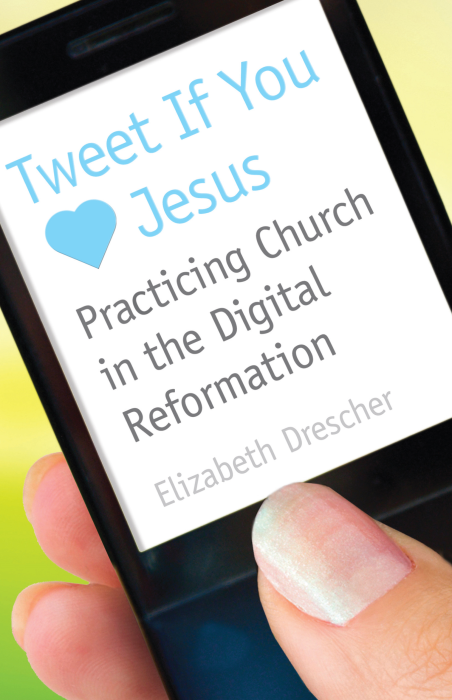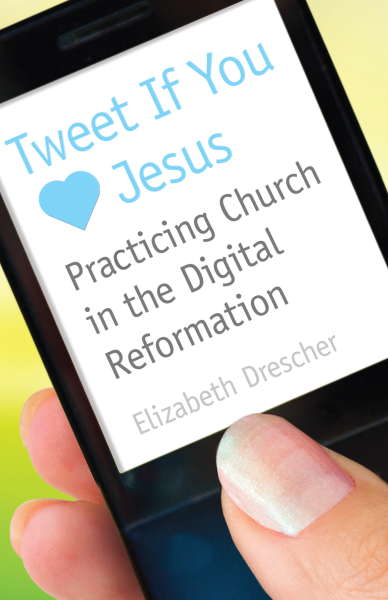Biblical Studies & Theology
Biography / Memoir
Church Supplies & Gifts
Curriculum & Faith Formation
En Español
Gender Studies / LGBTQ
Health and Wellness
Leadership
Liturgy & Worship
Prayer and Spirituality
Series
The Episcopal Church / Anglicanism
The Way of Love

Elizabeth Drescher
Church Publishing
May/2011, 190 Pages, Paperback, 6 x 9
ISBN: 9780819224231
Social media has ushered in a dramatic global shift in the nature of faith, social consciousness, and relationships. How do churches navigate the Digital Reformation?
Tweet If You Heart Jesus brings the wisdom of ancient and medieval Christianity into conversation with contemporary theories of cultural change and the realities of social media, all to help churches navigate a landscape where faith, leadership, and community have taken on new meanings.
Elizabeth Drescher is adjunct associate professor of religion and pastoral ministry at Santa Clara University and a highly regarded speaker and writer on everyday religion and spirituality. Her doctorate, from the Graduate Theological Union, is in Christian spirituality, and a master's degree in systematic theology from Duquesne University. She is the author of Tweet If You (Heart) Jesus: Practicing Church in the Digital Reformation and Choosing Our Religion: The Spiritual Lives of America's Nones. She lives with her family in Northern California’s Silicon Valley.

